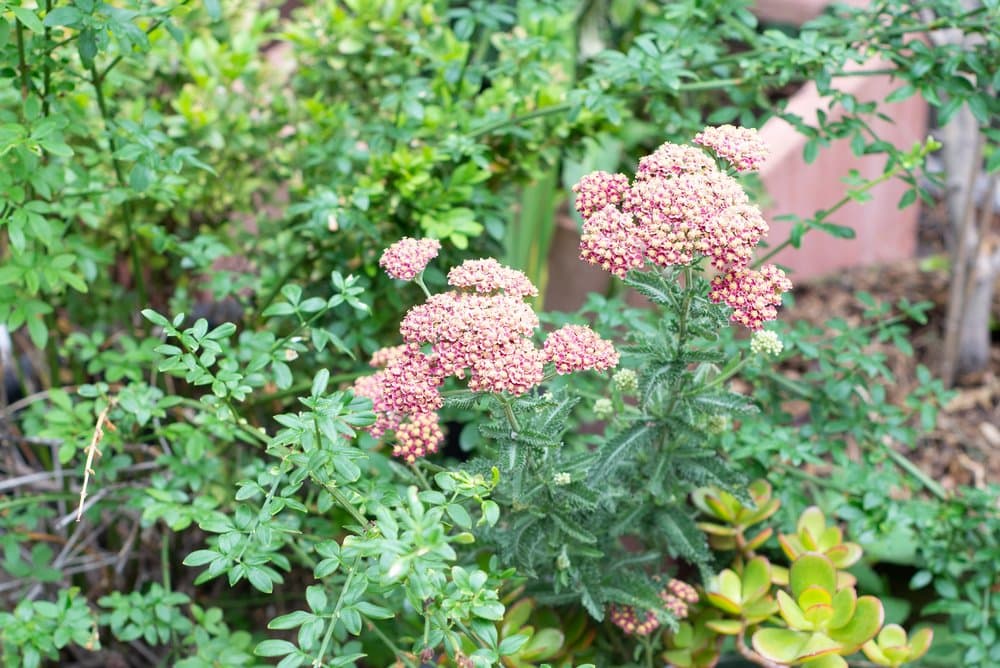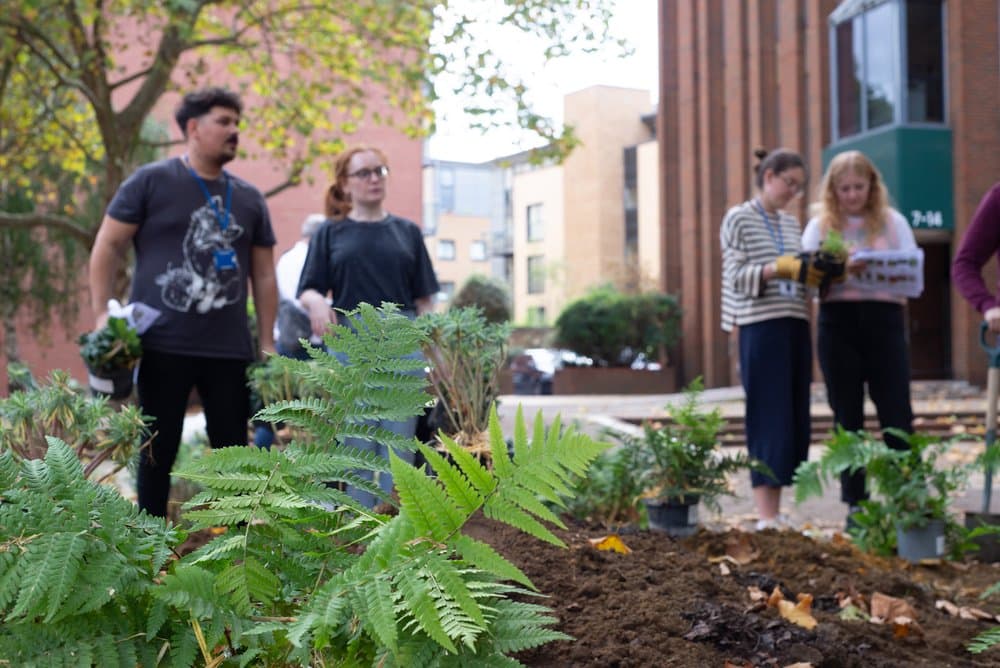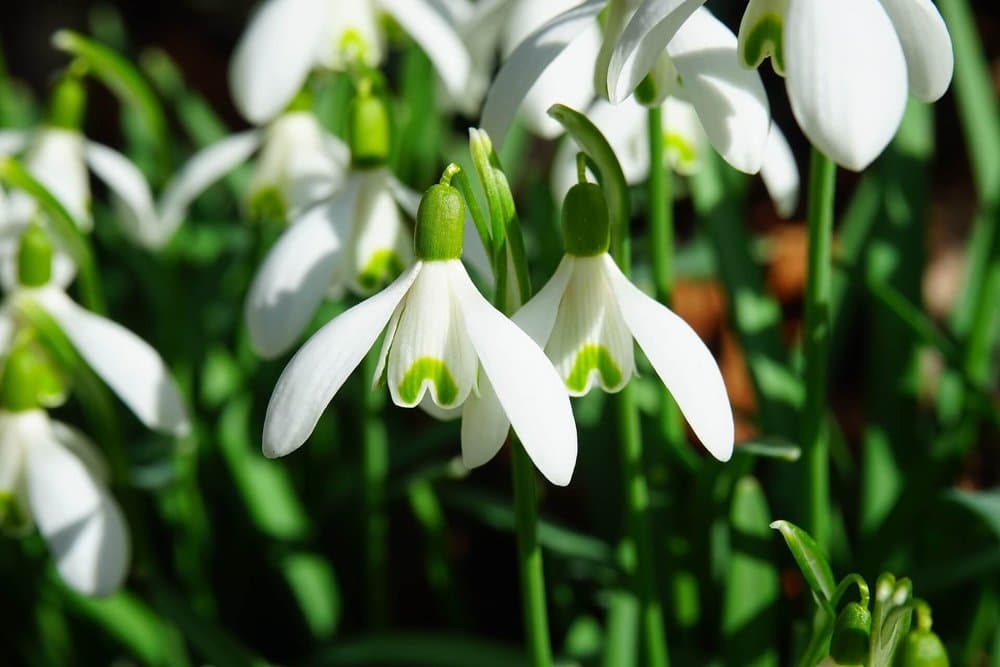Wilder works to create places for wildlife in the city by establishing a network of organisations and individuals committed to wildlife-friendly planting and low carbon garden practices. With support from the Foundation, it seeks to wild one square mile in Southwark, central London, by asking organisations and individuals to sign up to wildlife-friendly interventions.
The world has lost about 60% of wild vertebrates since 1970. Declines in insects threaten to catastrophically destabilise global ecosystems. The UK is ‘among the most nature-depleted countries in the world,’ according to a 2016 report, with continuing declines in species such as skylarks, hedgehogs and many insects including butterflies. Only 8.5% of land is protected for wildlife, and only 40% of that is in good condition. As part of the efforts to restore biodiversity, we need to make sure that urban land is ‘wilded’.
Wilding is as much about soil restoration, flood mitigation, water and air purification, carbon sequestration and pollination as it is about more space for nature. However, rewilding and wilding can be a hard sell. Humans don’t like mess or uncertainty, and natural systems are dynamic, complex, untidy, and erratic. These are the characteristics that bring diversity and resilience. We must learn to read their inconvenience as a sign that all is well. We should be embracing the mess.
To address this challenge, Wilder seeks to make organisations and individuals aware of the benefits of creating wildlife gardens, as we need to start to live in harmony with nature. At a local scale, a window box can grow native wildflowers, which support local pollinators, and boxes for birds, bats and bees can be installed on most buildings. Wilder supports education in wilding practices, and policy change to shift city dwellers towards a flourishing relationship with nature.
Wilder’s goal is to wild one square mile in Southwark, central London by creating a network of people, projects and companies all committed to improving biodiversity. This could be anything from transforming a concrete space into a wildlife garden to putting up a bird box or building a pallet planter and filling it with butterfly friendly plants. No intervention is too small.
With support from the Foundation towards staff and project costs, Wilder aims to get at least 30 organisations and individuals to sign up to the Wilder Mile. It will offer tailored advice on how people can wild their space, and the team can also provide a design and/or planting service. Over a three-year period, Wilder plans to substantially improve biodiversity and air quality within one square mile and increase knowledge of wildlife-friendly practices. It hope this model will then be rolled out across other areas and other cities.



